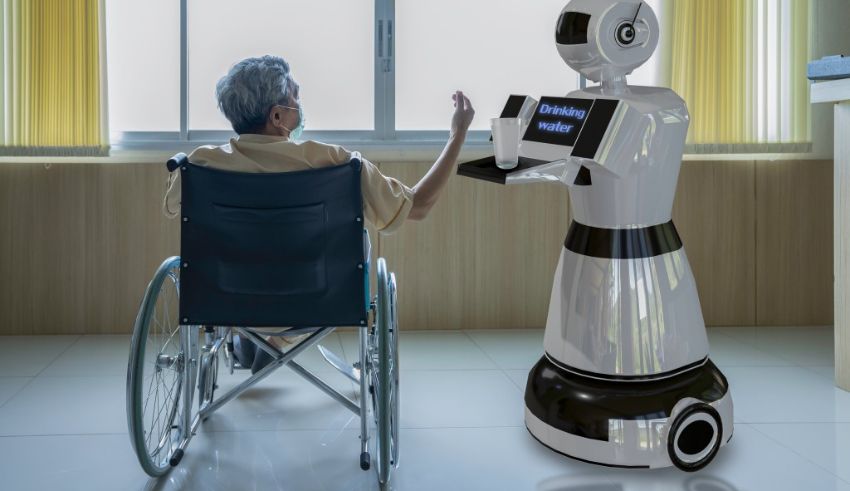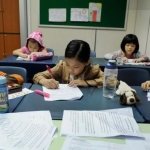
Last updated on December 16th, 2023 at 05:17 pm
Singapore is facing a rapidly aging population, with the number of residents aged 65 and above expected to double by 2030. This poses various challenges for the healthcare system, especially in providing quality and affordable care for the elderly.
One of the solutions that Singapore is exploring is the use of robots in elderly care. Robots can perform various tasks that can assist the elderly, such as monitoring their health and safety, helping them with daily activities, and providing them with companionship.
Some examples of robots that are already in use or being tested in Singapore include:
- Pepper, a social robot that can interact with the elderly, play games, and provide emotional support. Pepper is used in Changi General Hospital to socialize with dementia patients and reduce their loneliness.
- Paro, a therapeutic robot that resembles a baby seal. Paro can respond to touch and sound, and can calm and comfort the elderly. Paro is used in some nursing homes and hospitals to improve the well-being of the elderly.
- Giraffplus, a telepresence robot that allows the elderly to communicate with their family and caregivers remotely. Giraffplus is also connected to sensors that measure the elderly’s vital signs and alert the caregivers if there is any abnormality.
- Quintin Quarantino, a robot that can make video and voice calls with the elderly’s relatives. Quintin Quarantino was deployed in a hospital in South Africa during the Covid-19 pandemic, to reduce the risk of infection for the health workers and the elderly.
Keep Reading
The benefits of using robots in elderly care are manifold. Robots can:
- Reduce the workload and stress of the human caregivers, who often face long hours, low pay, and high turnover. Robots can take over some of the mundane and repetitive tasks, such as delivering meals, dispensing medication, and cleaning the rooms.
- Enhance the quality and efficiency of care, by providing more accurate and timely information, diagnosis, and treatment. Robots can also offer personalized and customized care, based on the preferences and needs of the elderly.
- Improve the quality of life and happiness of the elderly, by providing them with more independence, autonomy, and dignity. Robots can also stimulate their cognitive and physical abilities, and offer them social and emotional support.
However, there are also some challenges and limitations of using robots in elderly care. Robots cannot:
- Replace the human touch and empathy, which are essential for building trust and rapport with the elderly. Robots may not be able to understand the nuances and emotions of human communication, and may not be able to respond appropriately to complex or sensitive situations.
- Adapt to the diverse and dynamic needs of the elderly, who may have different cultural backgrounds, personalities, and preferences. Robots may not be able to cater to the individual differences and preferences of the elderly, and may not be able to cope with unexpected changes or emergencies.
- Ensure the safety and security of the elderly, who may be vulnerable to cyberattacks, malfunctions, or accidents. Robots may pose potential risks to the privacy and dignity of the elderly, and may cause physical or psychological harm if they malfunction or behave unpredictably.
Therefore, the use of robots in elderly care requires careful design, regulation, and evaluation, to ensure that they are ethical, reliable, and beneficial for the elderly and the caregivers. Robots should not be seen as a substitute for human care, but as a complement and a partner, that can enhance the quality and accessibility of care for the elderly in Singapore.


























